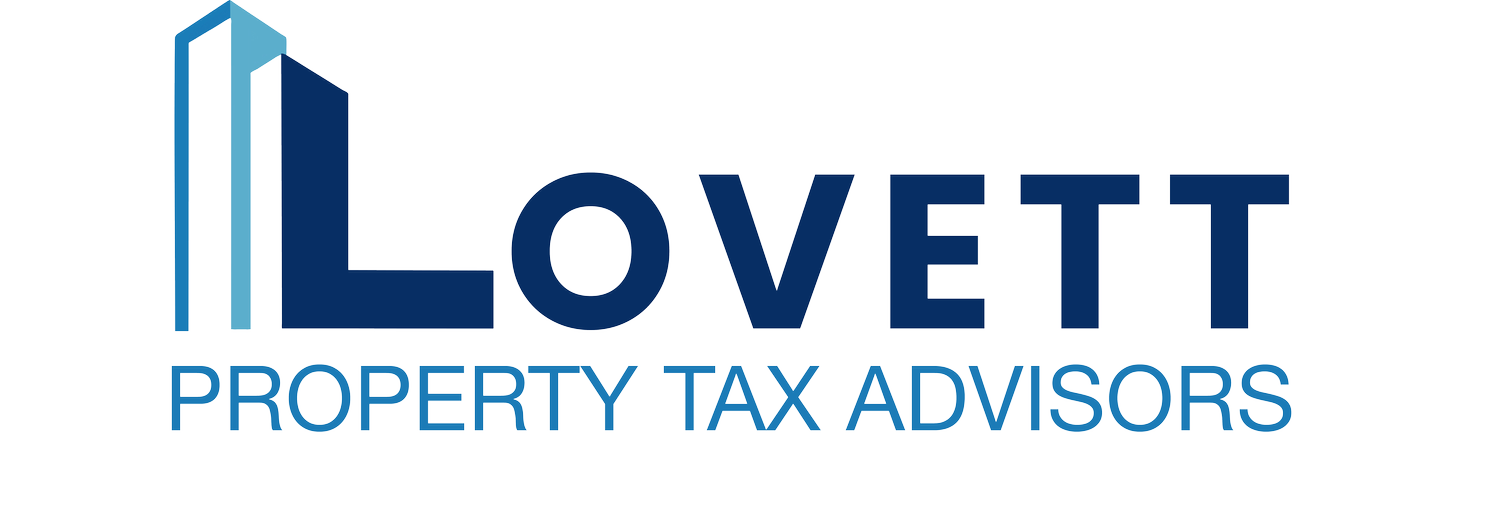Understanding Commercial Property Taxation in South Carolina
Introduction:
Commercial properties play a vital role in the economic development of South Carolina. From bustling urban centers to growing suburban areas, these properties provide spaces for businesses to operate, create jobs, and contribute to the overall prosperity of the state. However, owning commercial property also entails understanding and complying with the tax obligations associated with it. In this blog post, we will explore the taxation framework for commercial properties in South Carolina, shedding light on key aspects that property owners and investors need to be aware of.
1. Property Tax Assessment: Commercial properties in South Carolina are subject to property taxes, which are levied by local taxing authorities, such as counties, municipalities, and school districts. The tax assessment is determined based on the fair market value of the property, which is evaluated periodically by county assessors. Property owners receive an assessment notice detailing the value of their property and the corresponding tax liability.
2. Assessment Ratio and Assessed Value: In South Carolina, commercial properties are assessed at a ratio of 6% of their fair market value. This means that only 6% of the property's appraised value is subject to taxation. For instance, if a commercial property is valued at $500,000, the assessed value would be $30,000 (6% of $500,000). The assessed value is then used to calculate the property tax liability.
3. Millage Rates: To determine the actual amount of property tax owed, the assessed value is multiplied by the millage rate, which is set by each local taxing authority. A mill represents one-tenth of a cent, so a millage rate of 100 equates to a tax of $100 for every $1,000 of assessed value. Millage rates can vary across counties and municipalities, and they are adjusted annually to fund local government operations and services. Property owners can find the applicable millage rate on their tax bill or by contacting the local tax assessor's office.
4. Property Tax Exemptions and Special Assessments: South Carolina provides certain exemptions and special assessments for commercial properties. For example, if a property qualifies for the "Legal Residence" or "Primary Residence" exemption, a portion of the property's value may be exempt from taxation. Additionally, there are special assessments for specific types of properties, such as agricultural land or properties located within designated revitalization districts. It is advisable to consult with a tax professional or the local tax assessor's office to explore potential exemptions and special assessments.
5. Assessment Appeals: If a property owner disagrees with the assessment value or believes it to be inaccurate, they have the right to appeal the decision. The appeals process typically involves providing evidence to support a different value for the property. Property owners should be aware of the deadlines and procedures set by the local tax assessor's office for filing an appeal.
6. Tax Payment Schedule and Penalties: Property taxes in South Carolina are due annually, and the payment schedule varies by county. Generally, taxes are due in two installments, with the first half due by January 15th and the second half due by April 15th. Failure to pay property taxes on time may result in penalties, interest, or even the possibility of a tax sale, where the property is auctioned off to recover the unpaid taxes.
Conclusion: Understanding the taxation of commercial properties is crucial for property owners and investors in South Carolina. By comprehending the assessment process, millage rates, exemptions, and payment schedules, individuals can effectively manage their tax obligations and avoid potential penalties. It is recommended to seek guidance from tax professionals or local tax authorities for personalized advice tailored to specific commercial property holdings. By staying informed and compliant, commercial property owners can continue to contribute to the economic growth and success of South Carolina.


